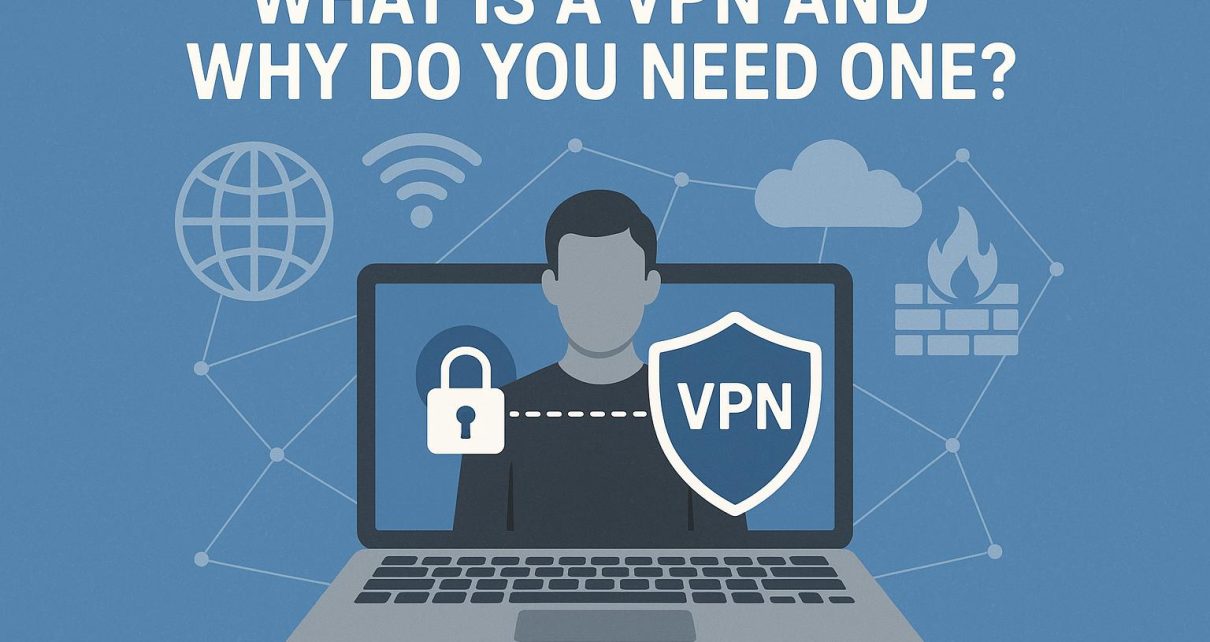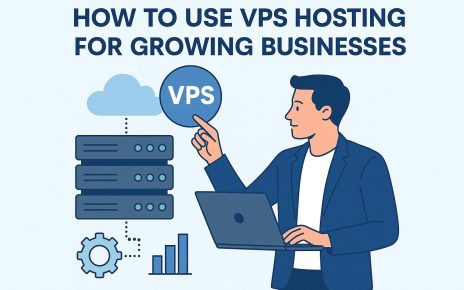Understanding VPNs
A Virtual Private Network (VPN) is an essential technology designed to enhance the security of your internet connection and protect your online privacy. By establishing a secure and encrypted connection over a less secure network, such as the internet, VPNs allow users to engage in online activities with greater confidence in their security. Essentially, a VPN extends a private network across a public network, allowing users to send and receive data as if their devices were directly connected to the private network. When utilizing a VPN, your internet activity is effectively shielded from prying eyes, providing a safer and more private browsing experience.
How VPNs Work
The functionality of a VPN involves several key components that work together to ensure secure internet connectivity. When you connect to the internet through a VPN, your device establishes a connection with a VPN server before accessing the wider web. This VPN server effectively acts as an intermediary between your device and the internet, providing several advantages in terms of privacy and security.
Upon connecting to a VPN server, your device is assigned a new IP address. This process masks your actual IP address, replacing it with one from the server’s location. This not only hides your true location but also enables you to appear as if you are accessing the internet from a different geographical area. Furthermore, the data exchanged between your device and the VPN server is encrypted using advanced encryption protocols, adding an extra layer of security to your online interactions.
Key VPN Features
The effectiveness of VPNs largely relies on their distinctive features, which help to protect user data and enhance privacy. Below are the fundamental features that characterize VPN services:
Encryption: One of the critical features of a VPN is the encryption of internet traffic. Encryption ensures that your data remains confidential, significantly enhancing your online privacy. Even if a malicious actor manages to intercept your traffic, the encryption makes it virtually unreadable without the correct decryption key.
IP Address Masking: VPNs replace your IP address with that of the VPN server, which plays a major role in enhancing your online privacy. This masking ability gives you the opportunity to appear as if you are browsing from a different geographic location, which can be useful for various legitimate purposes.
Secure Access: VPNs facilitate secure access to network resources by allowing users to connect safely to private networks over the public internet. This is particularly advantageous for individuals and businesses that require secure remote access to sensitive information or internal systems.
Why You Might Need a VPN
Understanding the potential benefits of using a VPN can help illustrate why individuals and organizations might choose to implement this technology. Here are several common scenarios where a VPN can prove to be indispensable:
Privacy and Security: With the rise of cyber threats and the prevalence of data breaches, VPNs provide a heightened level of privacy by encrypting your internet activity. This protection is crucial when using public Wi-Fi networks, where your data can be particularly vulnerable to hackers and cybercriminals.
Access Restricted Content: In today’s digital landscape, certain online services and content are geo-restricted, accessible only from specific regions. By connecting to a server in the desired location, a VPN can bypass these geographical restrictions, granting you access to region-specific content and services that might otherwise be unavailable in your area.
Safe Remote Work: The increasing trend of remote work has underscored the importance of secure internet connections for employees working from home or traveling. VPNs are essential in this context, enabling employees to connect safely to their company’s private network. This secure connection ensures that sensitive company data is protected from unauthorized access, supporting the integrity of business operations.
Choosing the Right VPN
The selection of a VPN service requires careful consideration of various factors to ensure that it aligns with your specific needs and priorities. Here are some of the key aspects to examine when evaluating potential VPN providers:
One of the most critical factors is the level of encryption offered by the VPN service. Ensure that the VPN employs robust encryption standards to guarantee the confidentiality and security of your data.
Another important consideration is the number and location of the VPN servers. A wider selection of server locations allows for greater flexibility in circumventing geographical restrictions and accessing region-specific content.
Additionally, a reliable VPN should offer fast connection speeds to minimize any potential impact on your internet experience. Bottlenecks and slowdowns can detract from the seamless use of online services, so the speed of the VPN should be a major consideration.
Lastly, the privacy policies of the VPN provider play a crucial role in safeguarding your data. Choose a trustworthy provider that adheres to robust privacy practices, ensuring that your data remains secure and not subject to unauthorized access or third-party sharing.
In summary, a VPN is a valuable tool for enhancing the security of your internet connection and protecting your privacy online. By understanding the fundamental aspects of how VPNs work and the key features they offer, you can make informed decisions regarding their implementation. When selecting a VPN, carefully evaluate the encryption standards, server locations, speed, and privacy policies to find the service that best meets your requirements and ensures the safety of your digital activities.




